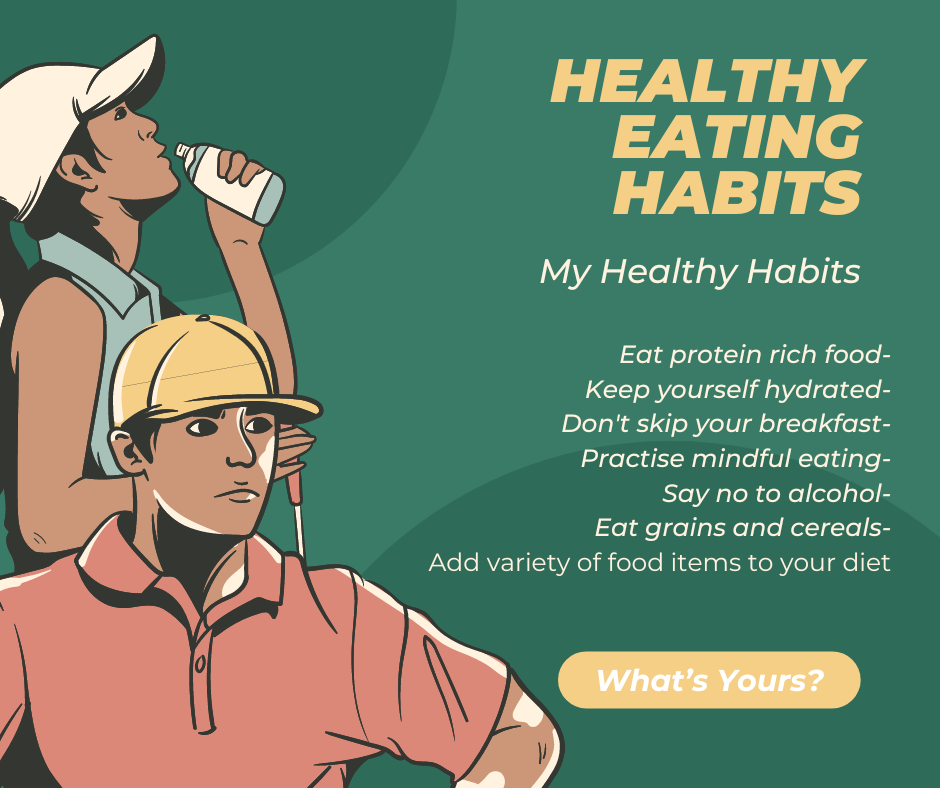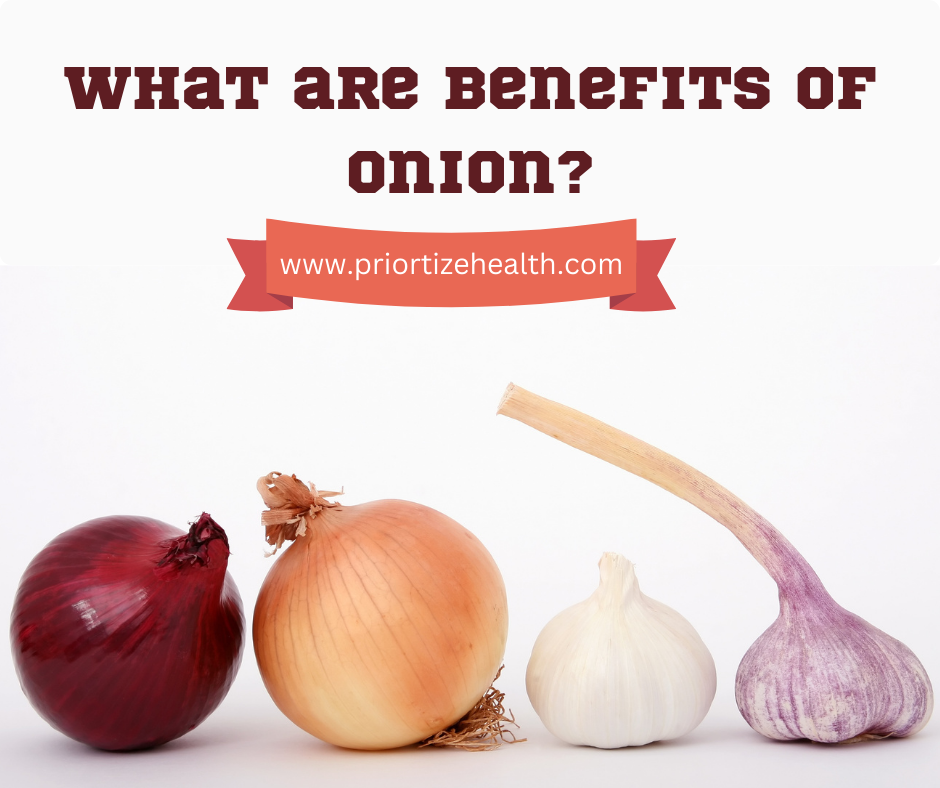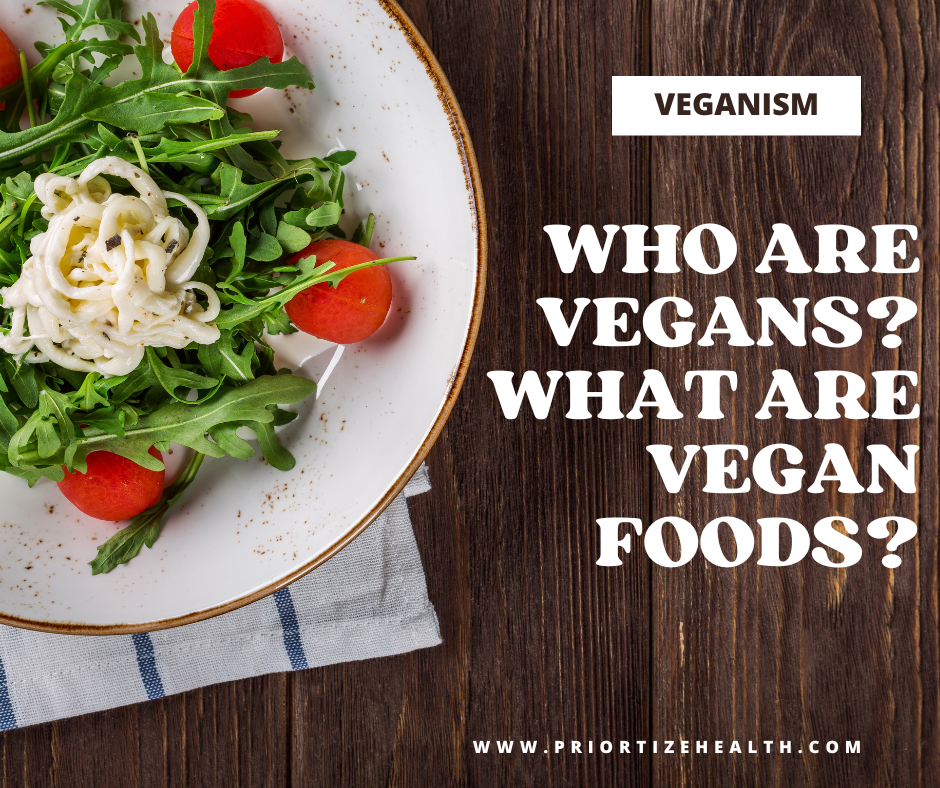
What are healthy eating habits?
Food is a complicated topic to understand. The world is testing new foods, new recipes. They are searching for new combination, and new styles of consuming food. The goal is to make it more elegant. But hardly they know, that they are breaking the age-old science of perfect and healthy eating. How we eat is all round as significant as what we eat. Our ancestors have passed to us the right recipes, the right ways ok making and eating food. It’s time we start acknowledging the science and significance behind it. Food is the capability of factors like season, geography. They also vary according to local availability, attitude, and body type. But we do not focus on the medium and ways we consume our food. Let’s understand in deep as to what are healthy eating habits.
Eating healthy by pursuing healthy eating habits is beneficial for our well-being. In the present scenario trendy diet and lifestyle is becoming passion. People have excuses that they don’t have time. It is due to their engagement in social activities. They may have a busy work schedule, etc. We have the excuse to choose unhealthy eating habits. But it creates many heath issues. Yet if you try to follow some healthy options, it will help you in living a better healthy lifestyle. We should develop a sustainable healthy schedule, and follow it in long term.
Let’s have a look to some of the healthy eating habits that we should adopt in our daily routine:
1. Add protein-rich food to your diet
Protein-rich foods helps the body to absorb the nutrients and boost our energy levels. They are essential as they help in performing fitness activities. It provides all the necessary amino acids to the body. Protein-rich food reduces hunger cravings. The amount of intake of these foods varies from person to person. It depends on their age, sex, height, weight and other health requirements.
2. Make a habit of reading food labels
If you use packed food items, you should be aware of the ingredients of that food item. Choose foods that contain low sugar content. Avoid purchasing food items that have sugar alcohol like sorbitol and maltitol. Eating them in abundance might prompt stomach related issues. Pick products that have low salt or no-added salt. Compare different food items and pick the ones that are low saturation fats.
3. Prepare the food you want to eat at home
You can have a control on the quantity of ingredients you add while cooking food at home. We can manage the part and sizes of each item. We can prepare the food by using organic grains, fruits, and vegetables. This will make your food healthier. It will help to boost your mood and energy, keep you fit and active. Cooking food helps to save money and avoid food allergies.
4. Try new recipes
Eating the same food on regular basis makes us feel monotonous. There should be new recipes added for cooking food. It adds fun and excitement. You can also alter a variety of nutrients as per your taste. There are many dishes that you can make as per your culture and tradition. You can try adding different fruits and vegetables. We can add grains that we had never tried before.
5. Keep a stock of healthy food items
If you store healthy food items in your stock, there are less chances of eating unhealthy food. You should buy ample quantity of snacks items that you wish to have between the meals. There should be adequate storage of nuts, seeds, grains, cereals, legumes. This will stop you from eating unhealthy packed and processed food items.
6. Commit yourself to eat healthy at social gatherings
Social gatherings tempt you to eat oily, highly-processed unhealthy foods and desserts. It’s okay if you eat sometimes. If you attend social gatherings on often basis, try eating more of healthy food items. It is difficult to adopt this practise, but if you are firm at your decision, it will give fruitful results.
7. Keep yourself hydrated
Drinking adequate amount of water helps to deliver nutrients to cells. It keeps the joints lubricated, and boosts the functioning of our body. Keeping ourself hydrated provides good quality sleep and enhances our mood. It helps to create saliva in the mouth that helps in digestion. Dehydration may cause urine infection, headaches, dizziness, and other health issues.
8. Increase your intake of fruits and vegetables
Fruits and vegetables have adequate amount of nutrients that are healthy. They contain dietary fiber. It keeps our gut healthy and reduces issues related to digestion. Fruits and vegetables are delicious in taste and there is a lot of variety available in the market. They are usually low in calories and fats. This helps to maintain a healthy weight.
9. Eat less sugar and saturated fats
Reduce the quantity of sugar and saturated fats you eat. This will lower the cholesterol levels and help to keep your heart healthy. It will also prevent unhealthy weight gain. You can have unsaturated fats in place of saturated fats. Avocado, nuts, olive oil contain unsaturated fats. Less sugar consumption will prevent tooth decay, obesity. It will also help to control the sugar levels of your body.
10. Don’t skip your breakfast
Breakfast is one of the important meals of the day. The word itself explains, “to break the fast”. It is the first snack you eat in the morning after an overnight fast. Breakfast delivers the essential nutrients to the body. This helps to keep the body nourished and energized. It enhances your mood, improves your memory, and curbs the cravings.
11. Add fermented food to your diet
Fermented foods boost the health of our brain, gut, and immune system. They contain probiotics that are beneficial for digestion and other health issues. Probiotics are good bacteria that kills bad bacteria in our body. We should have fermented foods in proper combination for better results. Some of the fermented foods are kimchi, sauerkraut, kombucha, yogurt and kefir.
12. Avoid eating while watching any screen like TV, mobile, Laptop.
It is common now a days, watching some screen and eating food. But that is not good for your health. Watching TV keeps your focus on the screen and hinders your feeling of satisfaction. As a result, you tend to over eat that leads to obesity. Instead, the better option is to switch off the screen, have your meal by sitting at the dining table. Interact with family members, chew your food many times. Eat small bites, all this will improve your health.
13. Reduce the intake of fried foods
Fried foods contain excess calories. Frying evaporates water from the outer layer of the food. It destroys the nutrients of the food. This increases the risk of high cholesterol and heart diseases. There are many alternatives to frying food like steaming, grilling. You can even air fry or roast the food items.
14. Include more of herbs and spices in your diet to reduce your salt intake
The body needs salt to function in a proper manner. But excess intake of salt may result to serious health issues. Adding herbs and spices to your meals will help you to reduce the quantity of salt. It will maintain the flavour in a healthy way. This will help to maintain your blood pressure levels and protect your heart.
15. Add variety of food items in your diet
Choose food items that you would enjoy eating. Add different colours in your food list. There must be a healthy proportion of fruits, vegetables. You should also have grains, cereals, etc in your diet chart. The more colour you add to your plate, the wider variety of nutrients enters your body. “Eat the rainbow” is an important healthy eating habit.
16. Eat whole grains and high fiber cereals
Whole grains and cereals are low in saturated fat. They are cholesterol-free and high in soluble and insoluble fiber. These items help you to feel full for a longer time that helps to keep healthy weight. Try to include them in each main meal on regular basis. Oats, buckwheat, quinoa, etc are examples of various grains. They help to have balanced healthy diet.
17. Include dairy products on daily basis
Dairy products are high in calcium and strengthens our bones and teeth. It consists of less calories and saturated fat. This helps to reduce weight and bad cholesterol. Dairy products have essential nutrients that helps in digestion. But people who are lactose intolerant should not consume dairy products. It is advisable to consult their doctor.
18. Don’t consume alcohol, if you do it should be in moderation
Drinking alcohol harms your health in many ways. It interferes with memory and learning, and increases depression and anxiety. Drinking alcohol can lead to alcoholism, liver issues, hangovers and cancer risk. If you can’t stop drinking, do it in moderation. This may reduce the harm caused to your body, to certain extent. Alcohol impact varies from person to person. It may be good for some and harmful for others.
19. Practise mindful eating
How you eat is as important as what you eat. We should notice the smell and taste of the food that we are eating. Try to understand how food makes you feel, before and after you eat. Eat food without judgement and appreciate your food. Eating in a mindful manner requires a lot of practice. Eat only when you are hungry and stop eating when you had enough food.
20. Plan, prepare and stick to your weekly diet chart
Planning your meals in advance can help you to eat healthy. Try to decide what meals you wish to eat for the coming entire week. Prepare a shopping list and get all the ingredients ready that you need to prepare your meals. Planning your weekly diet chart helps to save time and money. It enables you to achieve your health goals. You can add a variety of foods with important nutrients.

We are now clear about what are healthy eating habits. Let’s have a look on the importance of healthy eating habits:
Importance of Healthy Eating Habits
Food is the basic necessity of life. It helps us to stay healthy and be active. Unhealthy food habits like:
- Starving yourself
- Not knowing what you eat
- Overeating
- Eating more of junk foods
- Not drinking enough water
- Drinking sugary and carbonated drinks on regular basis
- Irregular food timings
- Late-night dinner may increase the risk of various health problems. These diseases may be hypertension, diabetes, heart diseases and obesity. So, let’s understand the importance of healthy eating habits.
1. A healthy diet helps in prevention of diseases
We all know that it is important to maintain a healthy diet and lifestyle. But did you know that a healthy eating plan can treat diseases. It may sometimes even prevent chronic diseases. We should eat nutritious food to prevent chronic diseases. It is the most affordable and effective method. This is the first treatment that we should follow to cure diseases. Doctors agree to this concept. It helps to cure diabetes, hypertension, and other diseases. Healthy diet also help to reverse these diseases.
2. Eating in a healthy manner helps in weight management
The quality and quantity of foods that you consume are crucial for good eating habits. There should be a balance between the calories you consume and burn. If you consume more that what you burn, it accumulated fat tissue in your body. This leads to obesity which may cause other health issues.
3. Selection of healthy diet affects the brain health
Most of the weight of your dehydrated brain comes from fats, known as lipids. You will find protein and amino acids in remaining part of brain. There are traces of micro nutrients, and glucose also present in the brain. Each component has a distinct impact on the functioning, development, mood and energy. You may feel post-lunch apathy or late-night alertness. It may be due to effects of food on your brain. Eating omega-rich foods is crucial to the creation and maintenance of cell membranes. The combinations of compounds in the food may be complex. It can stimulate brain cells to release neurotransmitters.
4. Healthy food choices boost our immunity
Healthy eating habits can make you feel stronger and happier. You need to fuel your body with good nourishing foods, thoughts and actions to make it function well. Following a healthy diet helps to maintain our immune system. It makes the body ready to fight against viruses and infection. Keeping yourself hydrated is important for our immune system. Protein rich foods helps to rebuild injured tissue and promotes immune system. Vitamin protects your cells from toxins and helps to extract energy from the food you eat. Calcium and phosphorous helps in keeping our bones stronger.





5 Comments
[…] should adopt some healthy habits to take care of your skin. They […]
[…] should adopt some healthy habits to take care of your skin. They […]
[…] foods: Eating a healthy diet should foods that are nutrient-dense. They can vegetables, fruits, whole grains. We can also have […]
[…] foods: Eating a healthy diet should foods that are nutrient-dense. They can vegetables, fruits, whole grains. We can also have […]
[…] In the first week, the focus is on eliminating foods that promote inflammation in the body. These foods are high in refined sugars, unhealthy fats, and additives. The goal is to give your body a break from inflammation-inducing foods. You can thus start building a foundation for healthy eating. […]